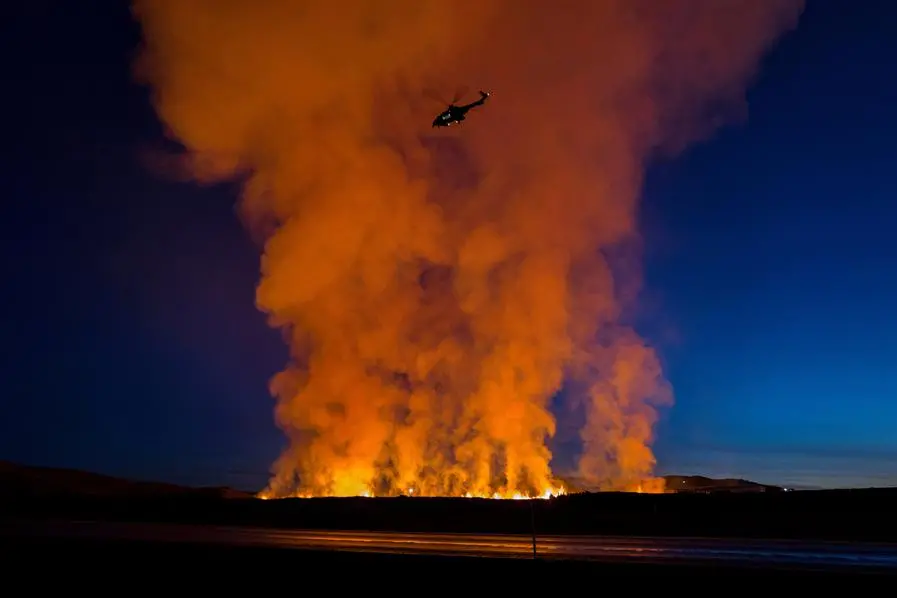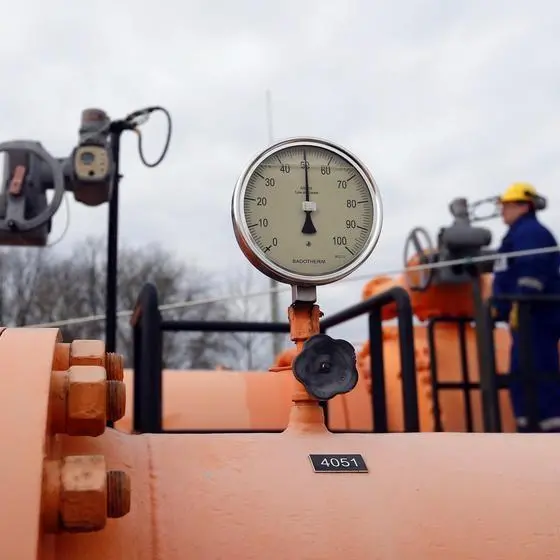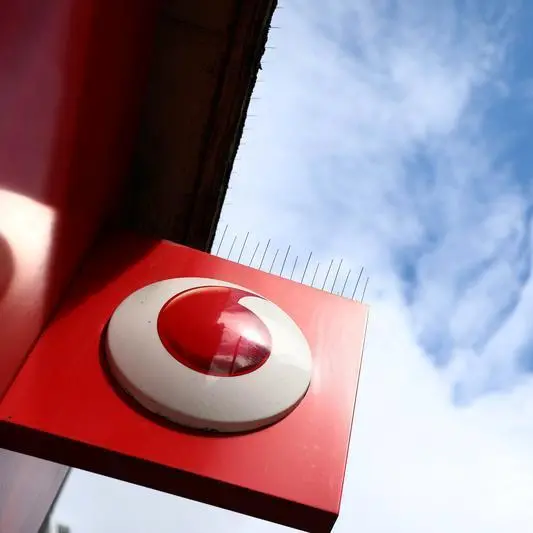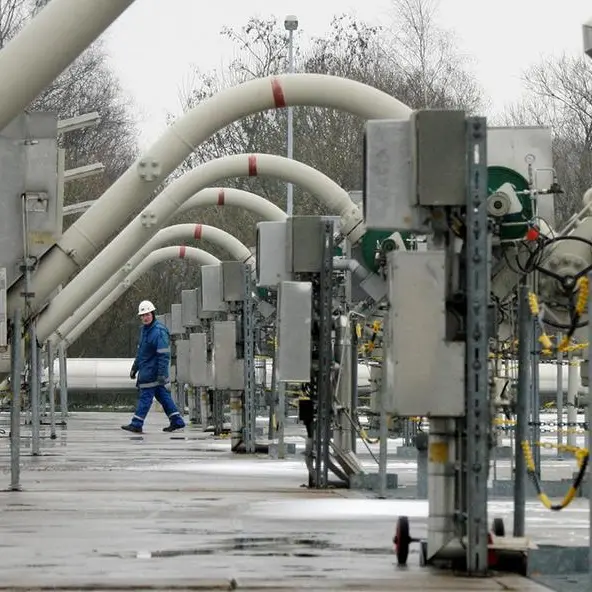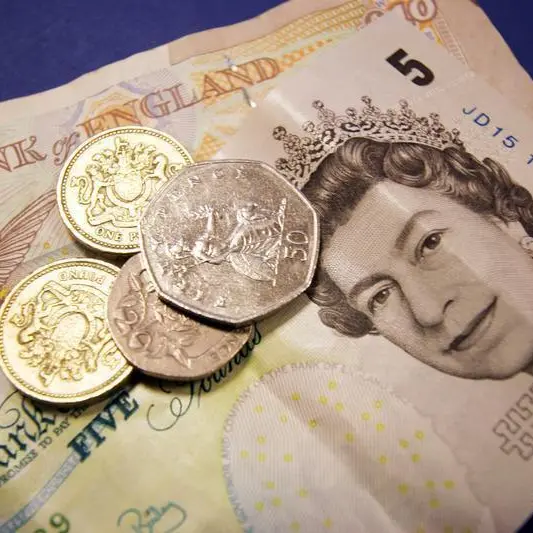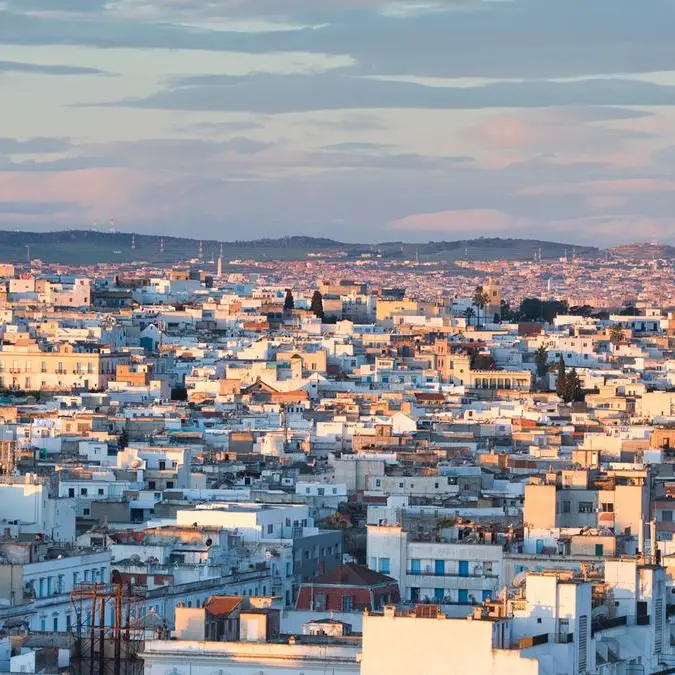PHOTO
A volcano erupted on Thursday in south-west Iceland for the second time this year, public broadcaster RUV and other local media reported, making it the sixth outbreak on the Reykjanes peninsula since 2021.
Livestreams from the area showed fountains of bright-orange molten rock spewing from fissures in the ground.
The previous eruption started on Jan. 14 and lasted roughly two days, with lava flows reaching the outskirts of the Grindavik fishing town, whose nearly 4,000 inhabitants had been evacuated, setting some houses alight.
It was not immediately clear if Thursday's outbreak would affect Grindavik.
Icelandic authorities in November started building dykes that can help divert burning lava flows away from homes and critical infrastructure.
Despite downgrading the volcanic system's threat level, the local authorities have warned of further eruptions as land continued to rise in the area due to magma accumulating underground.
Iceland, which is roughly the size of the U.S. state of Kentucky, boasts more than 30 active volcanoes, making the north European island a prime destination for volcano tourism - a niche segment that attracts thousands of thrill seekers. (Reporting by Terje Solsvik, editing by Anna Ringstrom)
